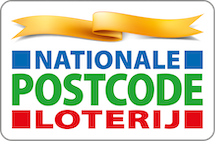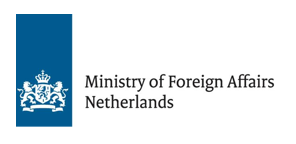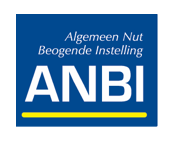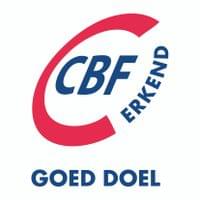Said Atabekov Kazakhstan/Uzbekistan
Said Atabekov (1965, Bez Terek, Uzbekistan) is an intensely perceptive visual artist and a key figure in contemporary cultural expression in Central Asia. Graduating from Shymkent Art College, where he continues to teach and organise exhibitions of upcoming artists, he was a founding member of the influential Red Tractor collective, which took advantage of Perestroika to experiment with international modernism. A witness of successive waves of social and political change in an area that is the battleground of at least four strong ideologies – nomadic pantheism, Russian, oriental and Islam, western capitalism – Atabekov explores the intersections and local impact of often-conflicting cultures, skilfully identifying and animating elements that reveal the deeper paradoxes. His video Bosphorus Prayer (2007) offers a new ritual combining Christian and Muslim gestures. His 2001 photo series The Way to Rome, ironically echoing Marco Polo’s trajectory, captures local encounters with globalisation, for example, a military tank in a field of western symbols of death, remembrance and heroin profits – poppies. In Neon Paradise (2004), a neo-shaman kneels and bows before automatic doors, both activating and responding to their opening and closing. Comic at first, it provides trenchant comment on worship, stereotypes and notions of progress and modernity. Interrogating migration and recurring cultural invasions, and revitalising the vocabulary of nomadic textiles, the shaman’s cloak Atabekov wears in performances is a patchwork of local embroideries, Soviet and American military cloth, printed slogans and oriental fabrics; his installation Flags (2006) comprises nomadic blankets decorated with the emblems of European nationalism reworked in fabrics printed with arabesques; and Made in Chinizkhan/New Uniforms for the US Army (2007) is a reversible coat with alternate army camouflage or local patterns. Said Atabekov is honoured for the poetry, depth and boldness of his artistic practice, for pushing boundaries and opening up new perspectives in a difficult transcultural context, for stimulating and fostering younger generations, and for his significant contribution to developing cultural expression across Central Asia.
2011 Prince Claus Awards Book here.



